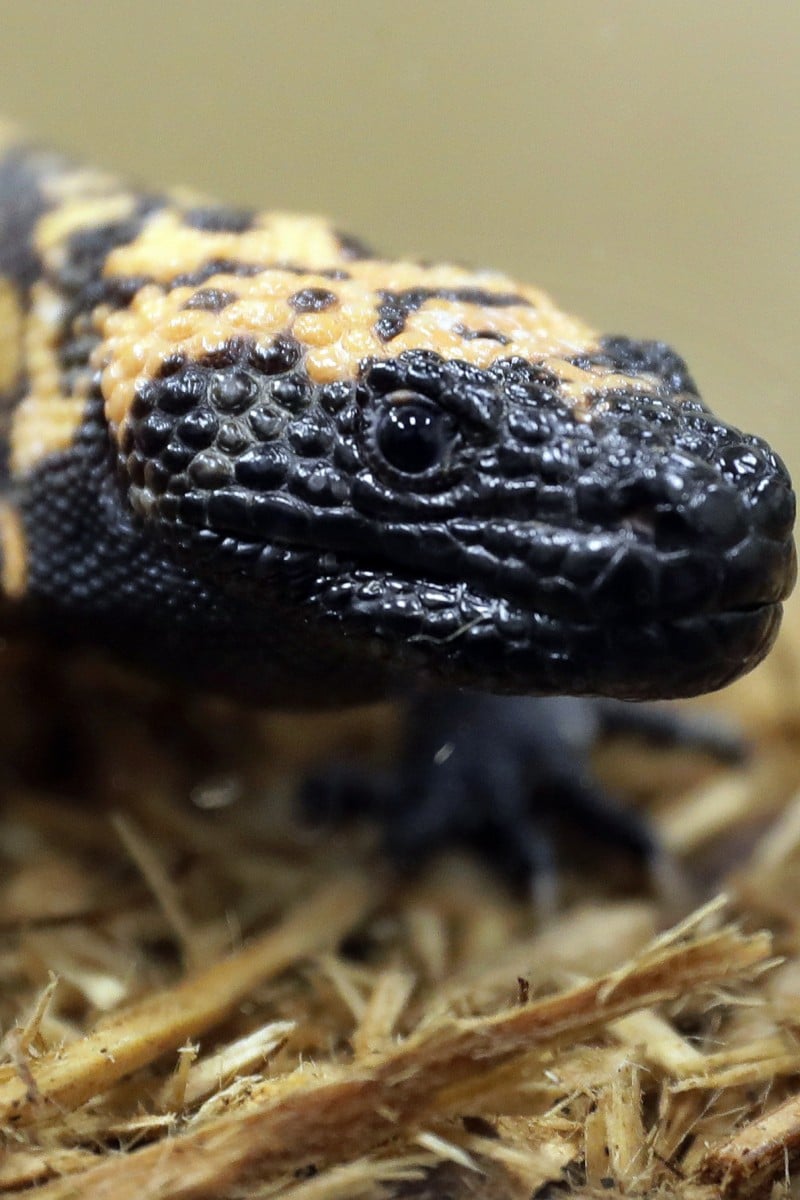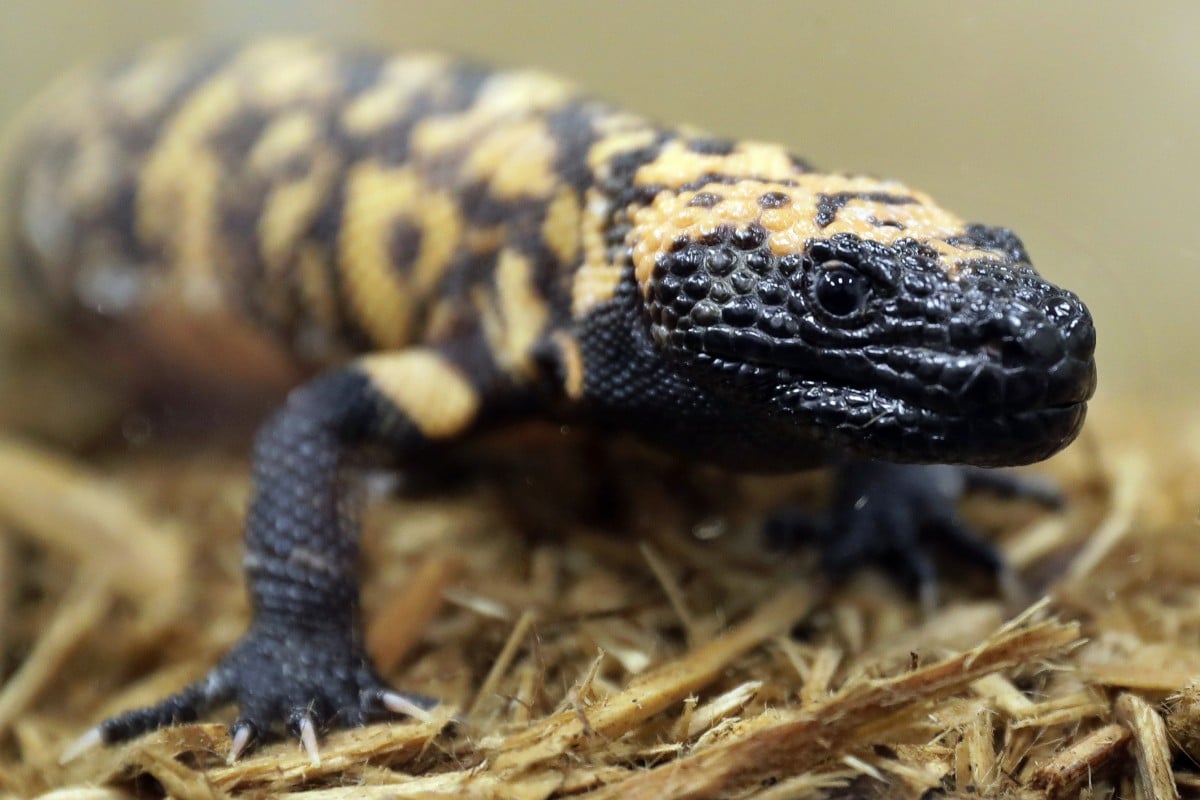
- Man in the US state of Colorado suffered multiple seizures and acute respiratory failure after he was attacked by his venomous pet lizard
- Check out what happens when you are bitten by a Gila monster and why you should avoid them at all costs
 A 34-year-old man in the US state of Colorado died after being bitten by his pet Gila monster in a very rare occurrence. Photo: AP
A 34-year-old man in the US state of Colorado died after being bitten by his pet Gila monster in a very rare occurrence. Photo: APA 34-year-old Colorado man died last month after getting bitten by a Gila (pronounced HE-la) monster.
Christopher Ward’s death may have been the first from a Gila monster in the US in almost a century, but the creature’s bite is well-known to be excruciating.
Within minutes of Ward’s pet lizard named Winston biting down on his hand without letting go, Ward was vomiting and could not breathe, according to a report by the animal control officer who interviewed his girlfriend.
He was put on life support but did not pull through, dying less than four days after the bite.
Ward’s girlfriend told Animal Control that they bought Winston at a reptile exhibition in Denver in October and another Gila monster named Potato from a breeder in Arizona in November. After the bite, she relinquished the lizards to be taken to a South Dakota reptile sanctuary.
“It’s like getting your hand slammed, caught in a car door,” Arizona State University professor Dale DeNardo said of the lizard’s bite. “Even that initial pain is extended for an hour. Then you get the typical days of soreness, throbbing pain. It’s much worse than any bee, wasp or scorpion.”
A Gila monster enthusiast who has studied the reptiles for decades, DeNardo said he would not even want to have one in his house.
Australian police bust reptile smuggling plot, saving animals bound for Hong Kong
Colorado requires a permit to keep a Gila monster. Only zoological-type facilities are issued such permits, and Ward apparently did not have one for his lizards, said a Colorado Parks and Wildlife spokesperson.
By being sold at a reptile show, Winston may have slipped through the cracks of state enforcement. Colorado Department of Natural Resources agents sometimes attend shows to ensure illegal animals are not for sale.
“It does happen from time to time,” Van Hoose said. “We’ve confiscated some from those.”
States such as Maine and Kentucky prohibit keeping Gila monsters as pets, while others, such as Montana, do not even require permits.
In the wild, Gila monsters spend as much as 95 per cent of the time underground to conserve water in hot, dry weather, coming out more frequently in wet weather, DeNardo said.
For their size, up to 56cm, Gila monsters travel widely, ranging over an area as big as 100 or more US football fields in pursuit of prey, including bird eggs in nests high up in cactuses.
Snakes on a plate: world’s first snake soup pizza put to the taste test
To get there, they conserve energy, maintaining a slow but steady pace for a lizard. Because they are slow, they rely on their painful venom for defence, often giving a warning hiss before their strike.
Before Ward, the last person to die of a Gila monster bite, in around 1930, may have had cirrhosis of the liver, DeNardo said.
The autopsy said Ward was bitten for four minutes and wavered in and out of consciousness before seeking medical attention. He suffered multiple seizures and acute respiratory failure at the hospital.
While Gila monsters and other exotic animals can be fascinating, they should not be kept as pets. Many of them possess venoms or toxins that can cause serious illness or even death.
Associated Press and staff writer
Slow but steady wins the race at unique Japan racecourse
Are there any uses for the Gila monster’s venom?
Scientists have been studying the Gila monster’s venom, which causes intense pain and a burning sensation. They discovered that its saliva contains a hormone called exendin-4, which can potentially be used to help those with type 2 diabetes.
Type 2 diabetes is a long-term health condition that occurs when the body does not make enough insulin. Insulin is a hormone essential for regulating blood sugar levels. This disease can lead to various health issues, such as damage to the heart and blood vessels, problems with the kidneys, eye diseases, nerve damage, and even early death.
This discovery helped scientists to develop a new medication called exenatide. This drug, a synthetic version of the hormone in Gila monster venom, mimics the effects of a natural human hormone that helps regulate blood sugar.